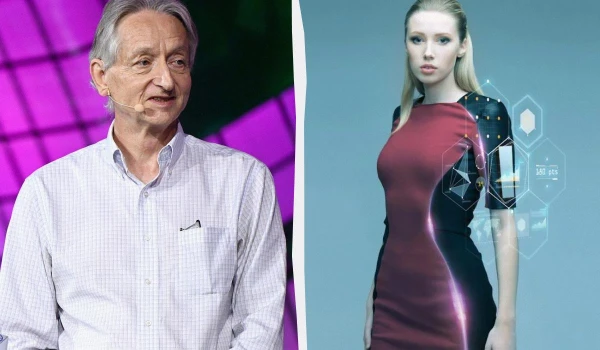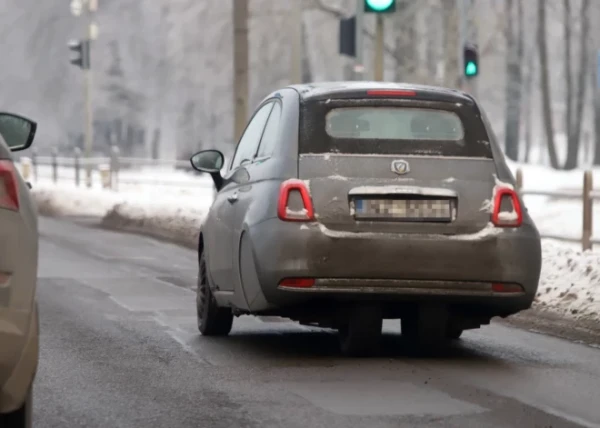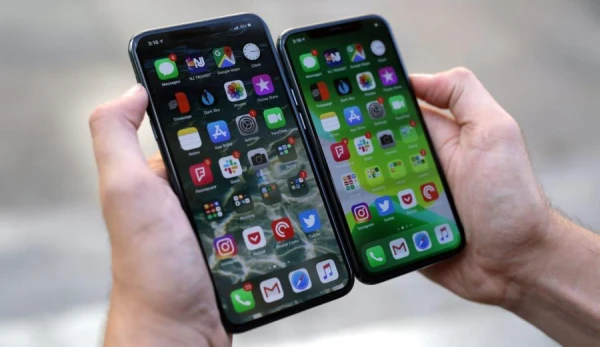
According to Hinton, this is not the fault of AI, but a feature of the capitalist system.
Scientist and physicist Geoffrey Hinton, often referred to as the "godfather of AI," claims that artificial intelligence technologies could fundamentally change the labor market, and the consequences will be far from rosy.
"A few people will become much richer, while the majority will become poorer. This is not the fault of artificial intelligence; this is how the capitalist system works," Hinton noted in recent interviews with Fortune and the Financial Times.
The use of AI by large corporations will lead to mass unemployment and simultaneously enormous profit growth. According to him, office and administrative professions are particularly vulnerable, at risk of being fully automated.
Despite assurances from tech leaders that AI will "create as many jobs as it destroys," the latest data looks alarming. According to the International Labour Organization, it is precisely clerical positions that are most vulnerable to generative AI, and analysts at the Brookings Institution have calculated that up to 25% of jobs in the U.S. could disappear by 2040.
At the same time, Hinton rejected the idea of universal basic income (UBI), which is actively promoted by many AI creators, such as Sam Altman from OpenAI. The scientist believes that UBI does not address the key issue: people lose their sense of value and human dignity without work.
The godfather of AI estimates the timeline for the emergence of superintelligence to be within the next 5–20 years. This event will be a turning point in history: it could bring enormous benefits to humanity or lead to catastrophic consequences.
At 77 years old, Hinton left Google not to sound the alarm, but because he felt he could no longer program as effectively. Retirement has allowed him to shed the corporate filter, offering a rare perspective on the challenges in AI development.
Recall that at the end of September, OpenAI announced the launch of the Instant Checkout feature for ChatGPT. Now, users of the chatbot can select and pay for products directly in the chat window—without the need to go to third-party websites.
As reported by UNIAN, popular neural network bots, including ChatGPT, have recently started lying twice as often as before. According to experts, the problem lies in the fact that bots try to invent an answer if they do not have the necessary information, whereas before they readily admitted when they did not know something.













